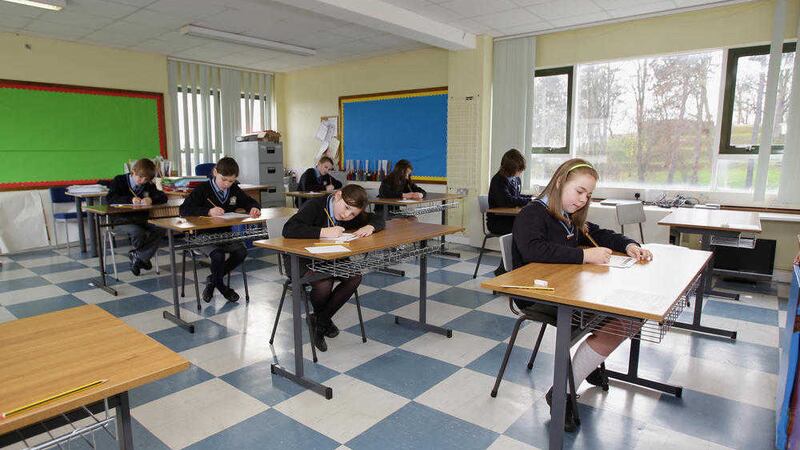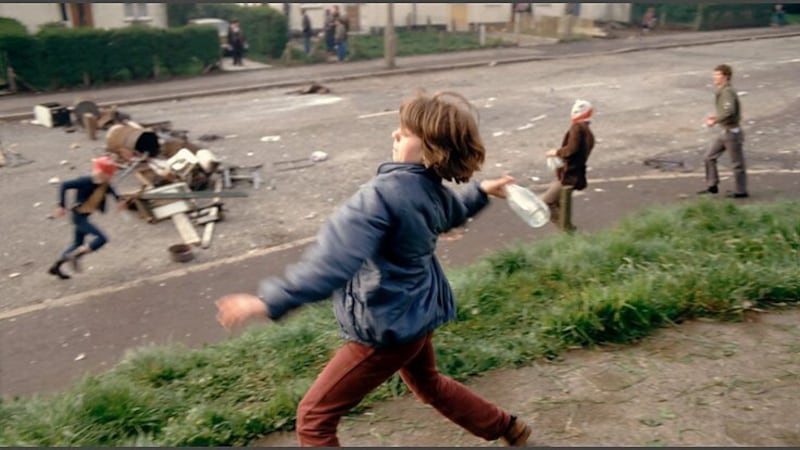Children who were yet to start school when the 11-plus was `scrapped' will this weekend face the first of four consecutive Saturdays of selection tests.
The appetite for grammar school entrance exams appears as strong as ever with entries increasing for the fourth year in succession.
As many as 7,800 children will sit the first Common Entrance Assessment (CEA) paper this Saturday.
It is the seventh year that schools have run their own 11-plus style transfer tests, in defiance of consecutive Sinn Féin education ministers.
The assembly is due to debate the issue today, noting that the situation is becoming "increasingly unacceptable".
Members will call on education minister John O'Dowd to convene talks to build consensus and agree a way forward.
Schools remain split into two camps using either the CEA or multiple-choice papers set by GL Assessment. A small number of schools accept the results of both.
The last state-sponsored 11-plus was held in November 2008, when this year's P7s were in their final pre-school year.
The Association for Quality Education, which runs the CEA papers, said it received 7,800 entries this year, 500 more than 2014.
The first paper will be sat on Saturday, with children taking the second and third on November 21 and 28.
Numbers taking the GL tests, which will be held on November 14, have been in the region of 7,200 in each of the last two years.
The assembly is due to debate an Ulster Unionist Party motion on the issue today.
It states that "ongoing politicking of the issue does not address the seriousness of the matter; and calls on the minister of education to convene talks with all the major stakeholders in order to build consensus and agree a way forward on the issue".
Building consensus was an aim of former education minister Caitríona Ruane.
Her preferred plan to phase out academic selection over three years was withdrawn in 2009 and she instead announced new non-academic admissions criteria for schools.
Her guidance recommended that all schools use as their first criterion a measure to ensure children entitled to free meals gain admissions at the same rate as all other applicants. Schools ignored this, however.
Mr O'Dowd last night said it was unacceptable that thousands of young people are still sitting unregulated transfer tests.
"These tests put unnecessary pressure on primary school children. Gone are the days when a test set at 11 set the course of a child's educational pathway and indeed their career. The Entitlement Framework ensures that every child regardless of what school he or she may attend can access the same curriculum," he said.
"The Equality Commission, the OECD and the PUP report Firm Foundations - Education: Getting it Right for Every Child all concluded that selection perpetuates division in society. Crucially though, these unregulated tests are not child-centred and as such they are not necessary. It is time for the 65 schools who use academic selection to end this unnecessary use of entrance tests."








